
An innovative new initiative known as Forest Lab enables UK woodland managers to get involved in science by collecting and sharing data.
Forest Lab uses the latest online technology to advance knowledge exchange between woodland managers and scientists. It is hoped that the sharing of data collected by volunteer ‘stewardship scientists’ will promote woodland resilience.
The project focuses on sharing knowledge between woodland managers and scientists, providing information on climate change, pest and disease risks, species suitability and adaptation measures, and other useful and site specific data. By giving woodland managers the tools to help interpret official guidance at site level, the aim is to better inform consequent management actions and in turn help improve woodland resilience.
This is a collaborative project between Forest Research and Sylva Foundation, an environmental and forestry charity. It is funded by the Defra Future Proofing Plant Health Programme.
Forest Lab is built within myForest, a woodland creation and management platform designed and run by Sylva Foundation. Embedding Forest Lab within myForest means that all users of the platform can get involved simply, and they are able to share any data they want from their existing maps and plans.
Currently there are three live Forest Lab projects covering resilience, wildfire and tree growth, with plans to offer more in the future:
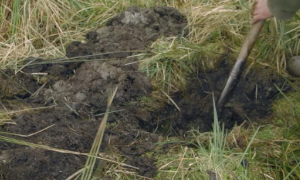
The objective of the Resilience Project is to assess the site conditions of woodlands for tree species suitability and yield, in order to help understand which tree species are ecologically suited to particular sites. The project involves digging a soil pit and inputting data into the Ecological Site Classification (ESC) tool.
The Wildfire Project aims to collect valuable information and data to help understand wildfire risk, which in turn will be used to assess and decrease wildfire risk for myForest users. Volunteers complete questionnaires and a wildlife fire risk assessment at regular intervals.
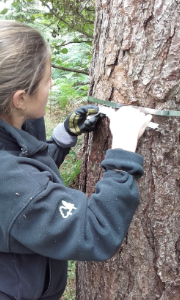 Tree Growth Project
Tree Growth ProjectThe Tree Growth Project seeks to collect regular growth data to improve our understanding of the response of trees to changes in woodland management and climate change across the country. Volunteers take regular measurements using growth bands and upload the data via Forest Lab. Read our tree growth case study.
“Forest Lab started as a simple idea; ‘wouldn’t it be good if myForest users could help researchers?’ This soon prompted a follow-up question; ‘how can researchers help myForest users with issues impacting their forests?’ This two-way exchange is the foundation of what has become Forest Lab.”
Gabriel Hemery, Chief Executive, Sylva Foundation
Download our case study featuring volunteer ‘stewardship scientist’ Justin Thomas, who shares his experience of participating in the Forest Lab tree growth project.
To find out more about Forest Lab and join a project, visit https://myforest.sylva.org.uk/lab
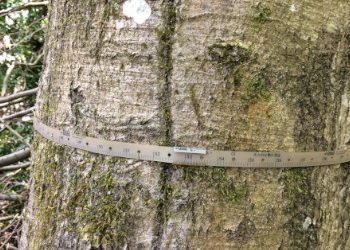
Forest Lab enables UK woodland managers to become volunteer ‘stewardship scientists’ by joining science projects, collaborating with researchers and sharing data to support woodland resilience.
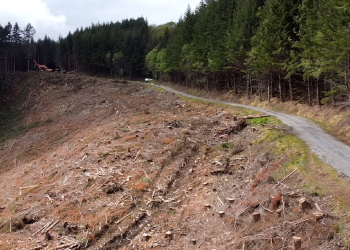
Explore our new case studies that demonstrate how forest adaptation measures can be applied to reduce the climate change risks faced at three different Scottish sites.
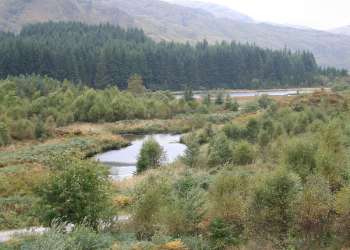
Forest Research are working closely with Forestry and Land Scotland to develop a forest restoration demonstration in Queen Elizabeth Forest Park as part of the Europe-wide, Horizon 2020 SUPERB project.

Forest Lab enables UK woodland managers to become volunteer ‘stewardship scientists’ by joining science projects, collaborating with researchers and sharing data to support woodland resilience.

Explore our new case studies that demonstrate how forest adaptation measures can be applied to reduce the climate change risks faced at three different Scottish sites.

Forest Research are working closely with Forestry and Land Scotland to develop a forest restoration demonstration in Queen Elizabeth Forest Park as part of the Europe-wide, Horizon 2020 SUPERB project.